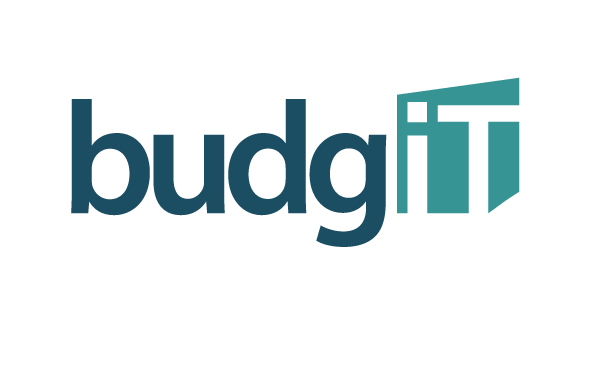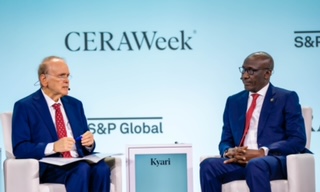Petroleum Industry Act: BudgIT Highlights Progress, Urges FG To Ensure Timely Implementation

After over two decades, the Petroleum Industry Act (PIA) finally became law when President Muhammadu Buhari signed it in August 2021. Recall that the PIA is meant to promote transparency, good governance, and accountability in Nigeria’s petroleum resources administration and encourage local cum foreign investments. However, despite these expectations, the PIA has been met with mixed reactions, especially in oil-producing communities, necessitating urgent advocacy and engagements to scale up public enlightenment, promote conversations and improve public perception regarding the PIA.
While stipulated timelines are specified for the Act’s implementation and operationalization, the government has also taken the necessary steps to effectuate actions. For instance, we have seen the transformation of the former Department of Petroleum Resources (DPR) into the Nigerian Upstream Petroleum Regulatory Commission (NUPRC). At the same time, the defunct Petroleum Products Pricing Regulatory Agency (PPPRA) also transitioned into the Nigerian Midstream and Downstream Petroleum Regulatory Authority (NMDPRA).
Another notable action is the Nigerian National Petroleum Corporation’s transitioning into a limited liability company under the Companies and Allied Matters Act (CAMA). The new company, unveiled by President Buhari on July 19, 2022, is now regarded as the Nigerian National Petroleum Company Limited (NNPC Limited). To reiterate, NNPC Limited is saddled with coordinating the commercial aspect of the petroleum operations and engaging in the business of renewables and other energy investments. With this development, the NNPC Limited will compete commercially with its peers in the oil industry; as such, the entity is expected to be above board with its operations.
Regarding subsidy removal, a critical aspect of the PIA which is due for implementation, the government has put a hold on its effectuation. Per the specified timeline in the Act, this aspect should have been implemented six months after the passage of the PIA; however, the Federal Government extended the timeframe for the complete removal of fuel subsidy because it needed to put necessary structures in place to cushion the impact of the subsidy removal on the citizens.
While speaking on the government’s decision to suspend subsidy removal, Adejoke Akinbode, BudgIT’s Extractive Lead, said, “The current cost of petroleum subsidy to Nigeria along with other socio-economic implications necessitates its removal. Nevertheless, a couple of palliative measures must be in place for subsidy removal to gain public acceptance.”
BudgIT will keep Nigerians abreast of the implementation progress. In the meantime, we urge the federal government to ensure the transparent implementation of the PIA and conduct the entity’s operations in line with its mandate.






